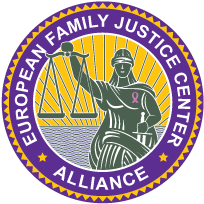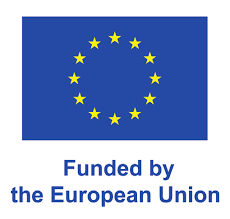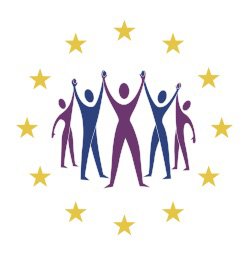Report webinar Non-Fatal Strangulation (by dr. Cath White)
December 12, 2022
Today Cath White gave, on behalf of the EFJCA, a webinar.This webinar focused on one of the most hidden and lethal forms of domestic violence, with very serious consequences for the victims: (non-fatal) strangulation.
Strangulation
Strangulation is an ultimate form of power and control where the perpetrator can demonstrate control over the victim’s next breath: it may have devastating psychological effects or a potentially fatal outcome. Strangulation is more common in domestic and sexual violence cases than previously thought. Strangulation has been identified as one of the most lethal forms of domestic violence and sexual assault: unconsciousness may occur within seconds and death within minutes.
Dr. Catherine White
Dr. Catherine (Cath) White is clinical director of the Saint Mary’s Sexual Assault Referral Centre (SARC) in Manchester (UK). She's an experienced forensic physician and specializes in examination of women, men and children following allegations of rape or sexual assault and takes a local, national and international lead in the development, training and regulation of services for sexual assault victims. She provides trainings on topics like non-fatal strangulation and forensic medical examination.
Role of the different professions
During the workshop Cath White described the role of the different professions (police, justice, help, victim support, medical and health care). The content of this webinar was based on case-studies and evidence-based methodology. The workshop offered the tools and knowledge to deal with this form of violence and integrate specific attention into their daily work, with the purpose to prevent (further) attempted strangulation, and reduce the impact and revictimization of the victims.
36 professionals working in multidisciplinary approaches and FJCs, at police forces and in policy-making attended the webinar.



